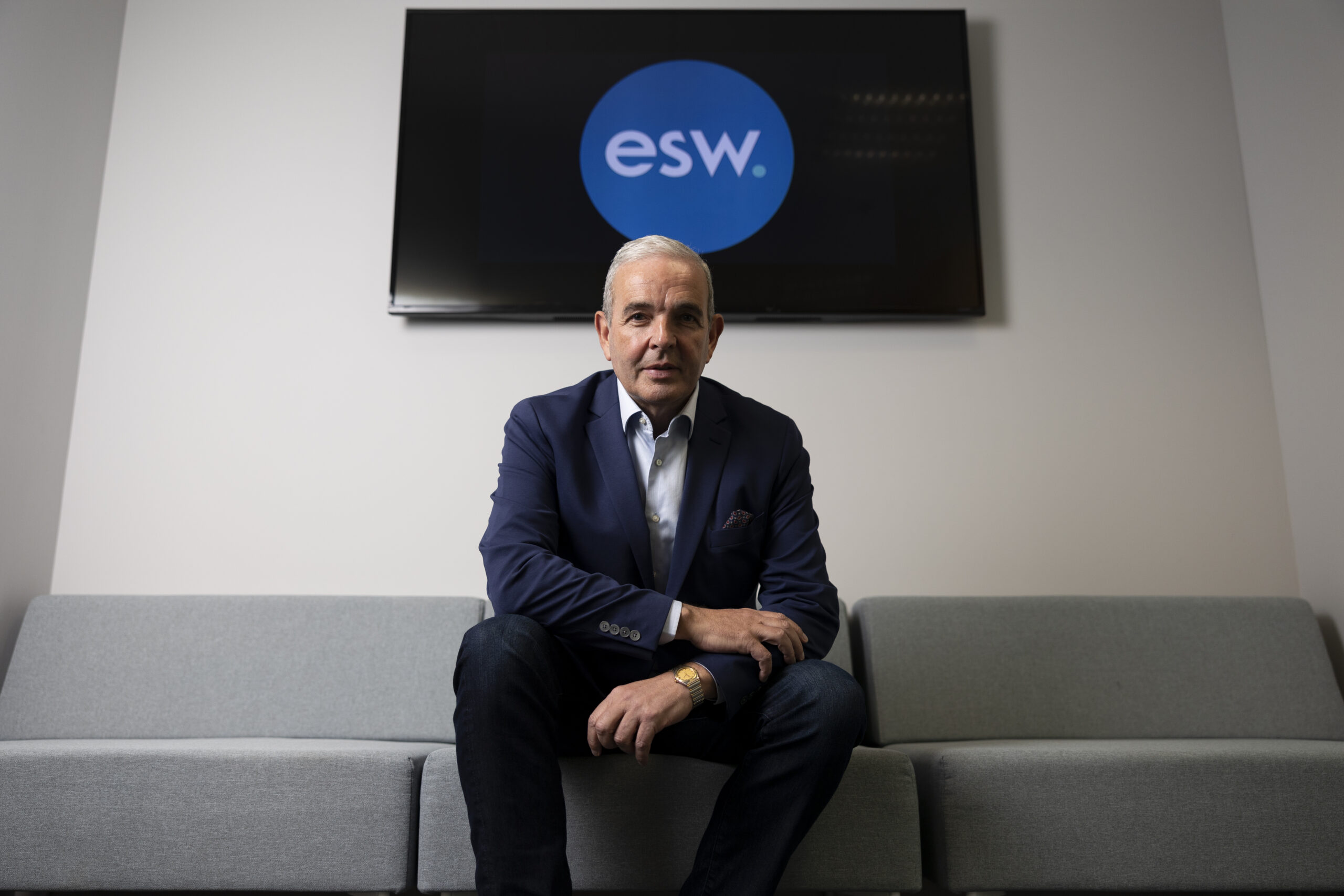From a small office in Dublin, located in a mews just off Merrion Square, a hand-picked team of corporate financiers is deploying capital at a pace almost unheard of in Irish business. They work for CastleGate Investments, a company with lots of money to spend and to spend quickly. The funds are being deployed in a wide range of directions, from outright acquisitions to minority holdings in start-ups to stakes in publicly traded companies. In recent days, it was the turn of Danu Sports, a wearable sports analytics technology business. CastleGate Investments led a €3.5 million funding round in the…
Cancel at any time. Are you already a member? Log in here.
Want to read the full story?
Unlock this article – and everything else on The Currency – with an annual membership and receive a free Samsonite Upscape suitcase, retailing at €235, delivered to your door.

